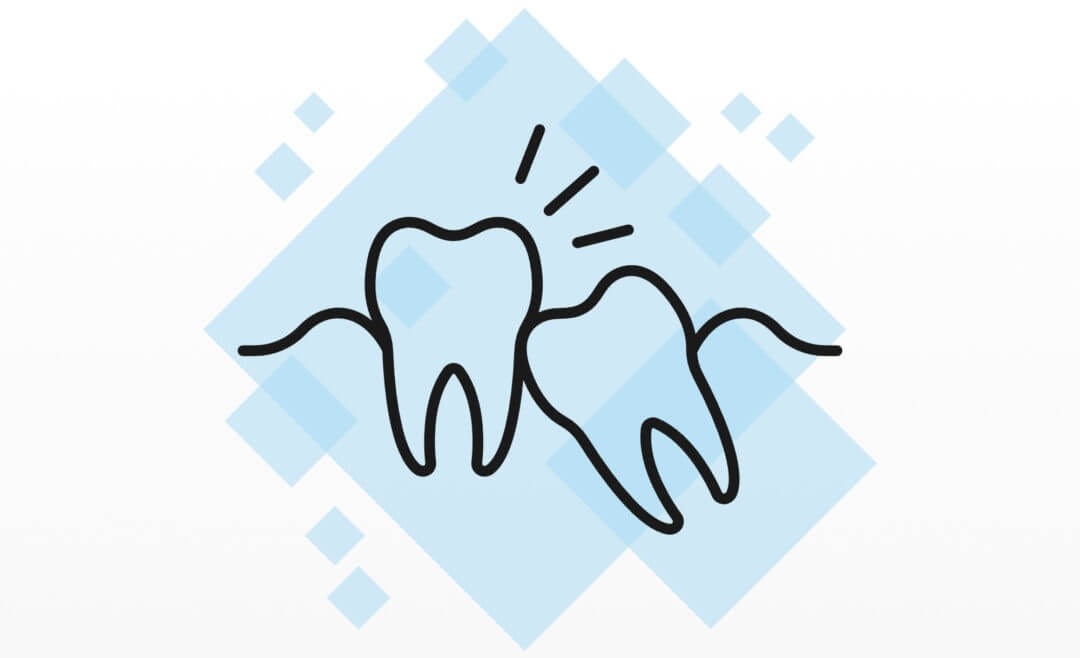Wisdom Teeth: Just when you think you’re done getting new teeth, these late-appearing molars show up. Sometimes, everything is easy and you don’t have to worry about them. Other times, wisdom teeth cause complications. Are you getting wisdom teeth and wondering what to do about them? Here are answers to some frequently asked questions.
What are Wisdom Teeth, anyway?
Wisdom teeth are third molars that usually erupt (break through the gumline) in the late teens or early twenties in the back of the dental arches in the upper and lower jaw. There are usually 4 wisdom teeth: one for each quadrant of the mouth.
Does everyone get their Wisdom Teeth removed?
It might seem like everyone, at some point, has had a wisdom tooth removed and you may wonder if you have to have yours removed when they come in. It’s always wise to consult with your primary care dentist about your dental needs, especially when it comes to new teeth and the possibility of extraction.
Your wisdom teeth will arrive at different times. Your dentist will evaluate your teeth and see how they are emerging. If it looks like your wisdom teeth are erupting in their ideal location behind the second molars, with no obstruction in their path and no inflammation of the surrounding tissue, they may determine that removal is not necessary.
There are multiple reasons why your dentist may determine that removal is in your best interest. Inflammation or infection of the surrounding tissue may be a reason for removal. Pain is the first sign of this. An impacted wisdom tooth, or a tooth that does not have enough room to emerge or develop normally, may need to be distracted to prevent trauma or decay to your second molar. Decay of a wisdom tooth that is difficult to clean may also be a reason for removal. Disease, pathology, and other traumas (like a fracture) may also lead your primary care dentist to recommend removal. Again, however: if none of these are present and your tooth is developing normally, removal may not be necessary.
Are there consequences for not having a Wisdom Tooth removed?
If your doctor has evaluated your teeth and found nothing to be concerned about, there are no consequences for keeping your wisdom teeth. If your doctor has recommended removal and you opt not to, potential for cavities and decay can occur. In extreme cases, the infection can spread through the oral cavity to other areas of the head and neck. If removal is recommended, ask questions, get additional opinions, and take all information seriously.
How do I care for my Wisdom Teeth if they are not removed?
Because of their location in the mouth, Wisdom Teeth need extra attention when brushing and flossing. Spend a little extra time and care with them, as they are difficult to access and food particles/plaque may be harder to remove. An electric toothbrush is recommended to ensure a good clean. Rinsing with a mouthwash or warm salt water is a good idea to assure that bacterial growth is minimized. Should you notice pain or inflammation, get in touch with your dental care provider. Antibiotics and pain medication can be prescribed while you evaluate your options.
Getting your wisdom teeth is a normal sign of getting older! Congratulations on reaching the age of “wisdom!” If you are noticing that your new teeth are coming in and you have questions about how they will grow, your first stop should be your primary dental caregiver. They’ll do an evaluation and tell you everything you need to know.
Has your dental professional recommended that your wisdom teeth be removed? Or do you need further evaluation on an impacted wisdom tooth? Do you have questions about other specialty dental needs? We’re a friendly, professional Boston practice designed for your dental specialty care. Give us a call today.





